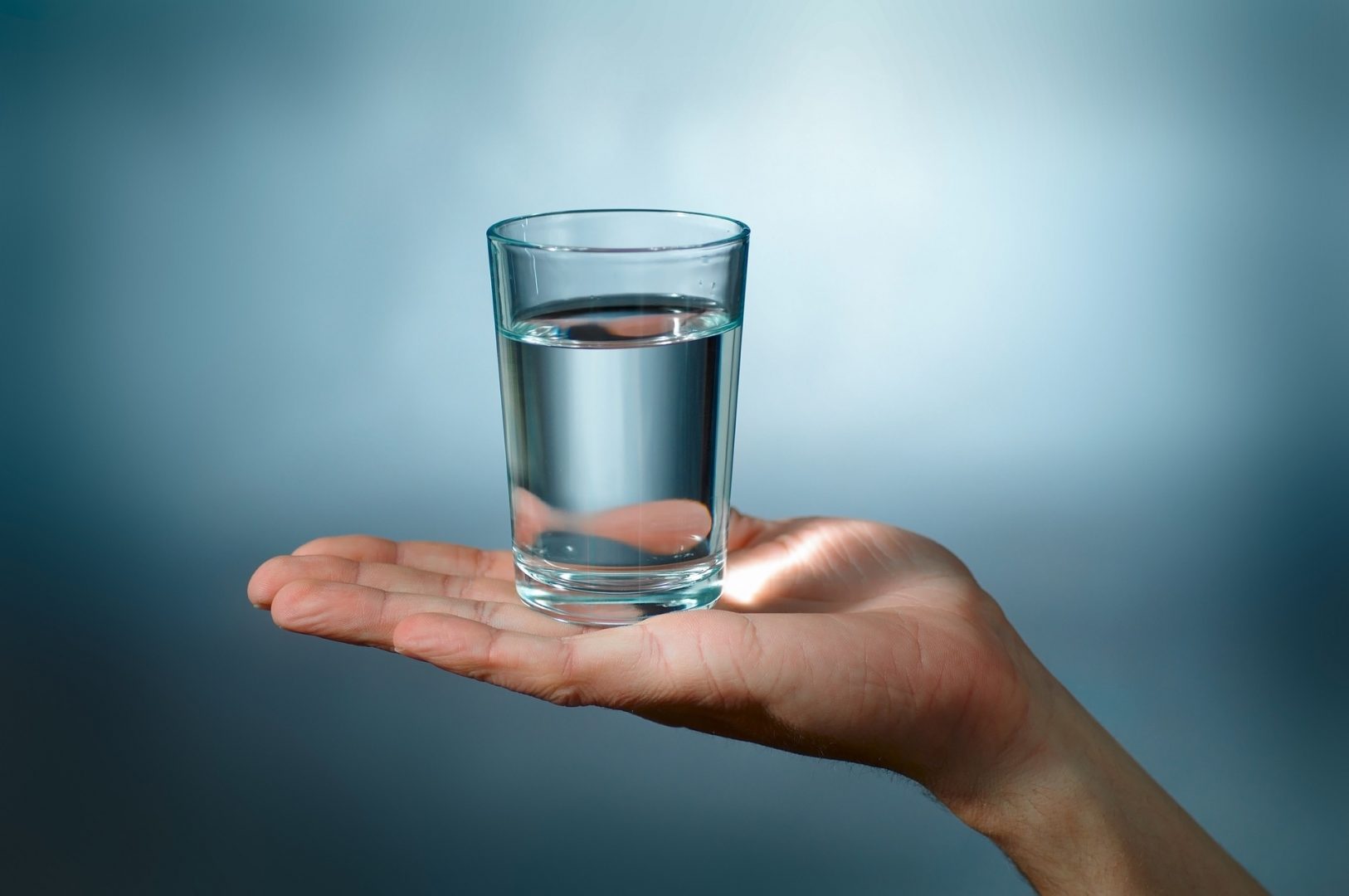Disease of one glass of water a day

We are accustomed to hearing about eating disorders, such as bulimia or anorexia, when we hear of eating disorders. But there is a special category under which there are a lot of other such disorders, which often go undiagnosed and untreated. One of these may be dehydration.
The habit of not consuming water placed Shira Gusfield in the EDNOS category, ie "unspecified food disorders," an umbrella under which food problems often become less well known, unheard of and untreated. According to the Sheppard Pratt Center for Food Disorders, between 40% and 60% of patients fall into this category, which has the highest mortality rate among food disorders. But because EDNOS patients often have a normal body weight, doctors consider them less dangerous or urgent than diseases such as anorexia or bulimia.
Shira began to restrict the amount of water he consumes daily until he drank nothing for 4 days at a time. The disorder remained undiagnosed until she was forced to drop out of college for medical reasons. It was a too late diagnosis, which she managed to accept later. Even now, a few years later, she is still too sick to go to the university with a normal program.
The disturbance of anyone
It took a long time for dietary disorders to be perceived as such, as disorders that deserve treatment under the attention of a physician. It is precisely because it derives from everyone's habit as to how they feed and live their lives, that it is difficult to impose limits of separation between those who have a real disorder and those who have "episodes" or who are periodically under the unfortunate influence of friends with food problems.
Even now, there is no consensus in the medical world on things that trigger such habits. Each case is personalized, intimate, but there are factors that can be found in many of them. Recently, researchers have found that certain genetic variations may pose a greater risk for the development of these diseases, but that humans would have a tendency towards perfectionism and attention to body image in DNA.
The following factors are psychological, which are, in turn, a cause of personal biology due to hereditary and chemical components. It seems that a high IQ has been linked to anorexia, and anxiety and depression play a major role in the development of these diseases.
These factors are added to the cultural ones. The media presents a glamorous anorexia, putting anorexic patterns on the covers of magazines and on the podiums of the big fashion houses. In the UK, last year was a record year for the number of children under 15 who were hospitalized with diarrhea, along with Facebook popularization and an increase in the number of sites that "teach" anorexia and bulimia, writes The Guardian.
To all this, there is a panic created by the obesity epidemic, which must be reduced as quickly as possible. Several US schools have recently been criticized after tests for body mass indexing have made some children adopt behaviors that could develop into serious eating disorders.
The need for water
In general, we tend to give more weight to the products we eat than to those we drink. And of those we drink, the water is destined for moments of thirst, but for the rest, we're opting for liquids to suit our tastes, coffee with milk and chocolate, fruit juice, Coca-Cola, etc. When we reach a total of 1.5-2 l we say that we have done our duty as the television requires. There are also people who arrive at the end of the day and realize that they did not even have time to drink a glass of water, or those who say they simply can not drink water. All these habits are harmful to the body.
Between the 2 liters of water, to which the researchers have shared opinions, and a single glass of water a day, our body needs a quantity to ensure proper functioning. The total volume of water in the body occupies 55% -60% of the body weight in young men and 45% -50% of the young women's body weight. This amount is distributed 50% to muscle, 20% to skin, 10% to blood and 20% to other organs. When we do not properly hydrate each part of the body is affected.
Nearly two-thirds of the volume of water is found at the intracellular level and only one-third at the extracellular level. The water exchange inside and outside the cell purifies it and helps it work properly. If we do not drink regular water, the cells get poisoned and the whole body is affected. Several studies have shown that with just as simple hydration as possible, brain performance can increase by 14%.
The same idea is based on the rule of drinking water 30 minutes before the meal. I said that 10% of the total body water is found in the blood, but blood is in turn composed of 80% water. And to perform the digestion process properly, the blood must be properly hydrated before eating. Otherwise, the blood thickens and, in order to hydrate, it extracts water from the other organs.
Hydration does not mean just water consumption, but also water-rich fruits and vegetables such as red and yellow melon, berries, grapefruit, bananas; broccoli, celery, cucumbers, peppers, courgettes, spinach, lettuce, tomatoes, cabbage, cauliflower. At the opposite end there is the consumption of alcohol, which leads to the decrease of the cells, causing the need to quickly eliminate the excess water and, implicitly, the installation of the dehydration.